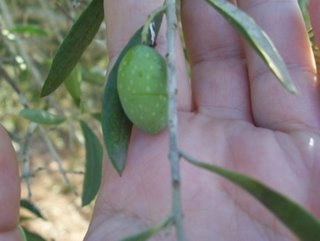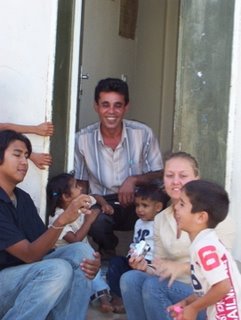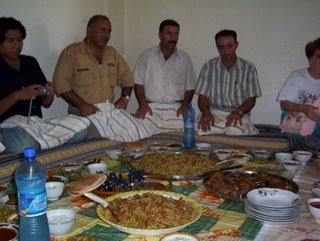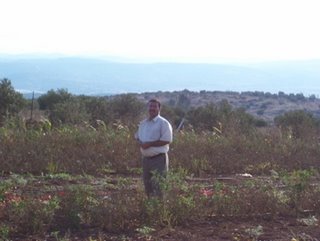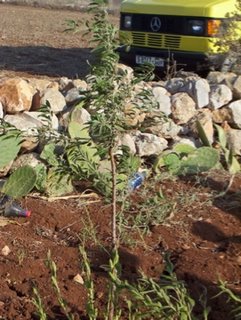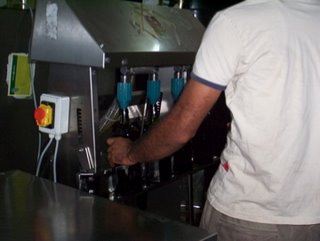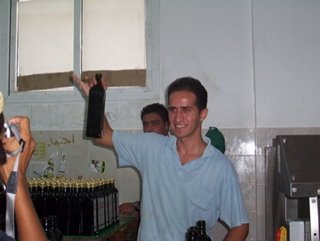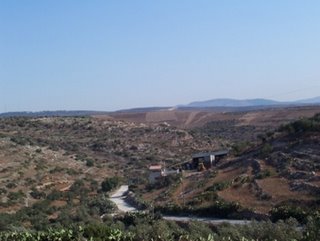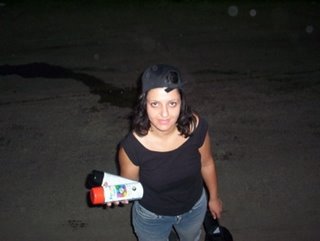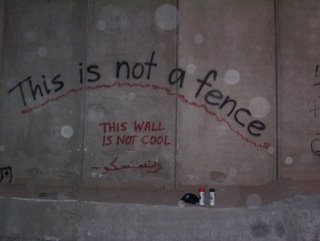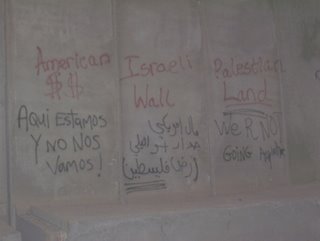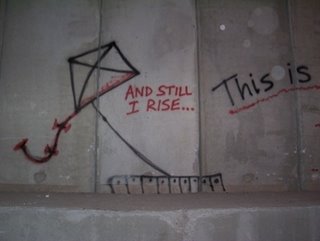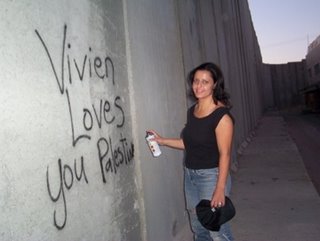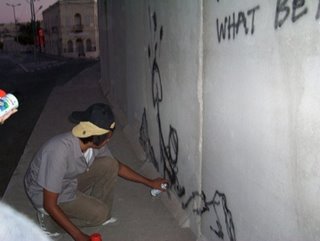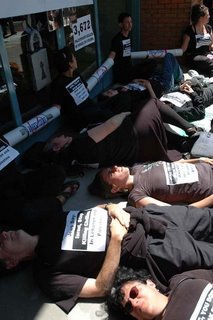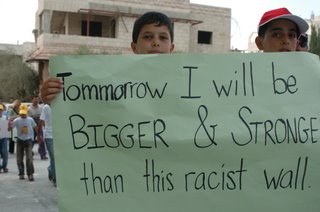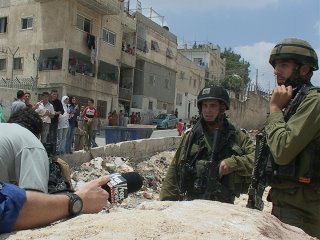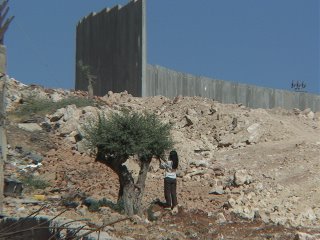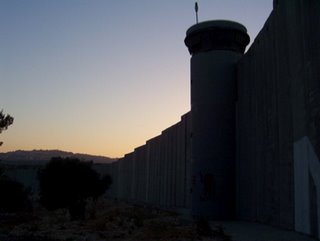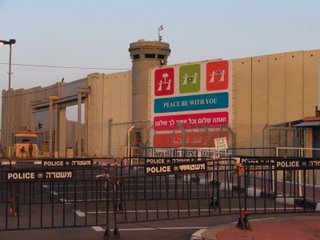
How Still We See Thee Lie:
Bethlehem, 2006
Oh, little town of Bethlehem
How still we see thee lie
Above thy deep and dreamless sleep
The silent stars go by
If Mary were bedding down in Bethlehem today, I think that she would complain that the city isn’t what the song said it would be. I doubt she would find Bethlehem itself particularly little or describe its nights as still. In fact, Mary might find it difficult to get a “deep and dreamless sleep” since life in Bethlehem continues well after nightfall. Perhaps she and Joseph would try to fall asleep amidst the sounds of wedding celebrations, fireworks, World Cup victory parties, and family dinners. But my guess is that Joseph’s family would never leave Mary alone. Mary and Joseph would probably be kept up late by relatives insisting on stuffing them with mountains of food and tiny cups of Arabic coffee.
But if Mary and Joseph weren’t staying with family, I am certain that they would find plenty of room in whatever inn they might choose. The holy family could have its choice of many lodgings: they could check into the Bethlehem Hotel, a spacious, western-style establishment. Or perhaps the Intercontinental, a five-star palace that would put the most spacious stable to shame. Mary could lay down on a soft bed and drift off to a strange sound: silence. Joseph would find that the flood of pilgrims and tourists who once came to Bethlehem has all but disappeared. If Bethlehem lies still today, it’s because its economy is slowly dying.
If Mary and Joseph came to Bethlehem today, they wouldn’t find it to be the thriving, historic, multi-faith community it once was. Bethlehem lies only five miles south of Jerusalem, but at the end of those five miles stands a 25ft high cement wall marking the beginning the West Bank and the Israeli military occupation of Palestine. This wall and occupation form the nightmare that is destroying Bethlehem’s economy and disturbing this little town’s deep sleep.
Bethlehem suffers quietly under unjust structures imposed by the Israeli military occupation. Bethlehemites face land confiscation, the destruction of their olive groves, home demolitions and movement restrictions which make normal economic development impossible. The wall surrounding Bethlehem prevents goods from entering and leaving, cuts farmers off from their land and even surrounds important religious monuments. It also deters pilgrims from visiting one of the world’s oldest Christian communities.
Today pilgrims on their way to the many religious sites in Bethlehem, including Rachel’s Tomb, Ruth and Naomi’s Field, Shepard’s Field, and of course the Church of the Nativity, must become intimately familiar with the wall. Visitors have to pass through an Israeli military checkpoint. They must wait in line, show their passports, and consent to any searches the Israeli army requires. This ordeal would turn many tourists away, but most give up before getting this close. Potential visitors are deluged with rumors of violence and high prices in Bethlehem. Most organized tours wiz tourists into Bethlehem on buses for a quick stop at the Church of the Nativity and than back to Israel, all in the course of about an hour. Many tours leave Bethlehem out of their itinerary all together. As a result, thousands of Christians visit the Holy Land each year without seeing the site of Jesus’ birth.
Bethlehem’s survival would still be in jeopardy if its tourist sector were still thriving. But without the visitors who used to drive Bethlehem’s economy, residents have very little hope. The Christian community in Bethlehem is rapidly emigrating, not because of religious discrimination but because of the economic conditions imposed by the Israeli occupation. Not long ago, Christians formed a majority in Bethlehem. If emigration rates remain constant, some say in 20 years Bethlehem will have no Christians left.
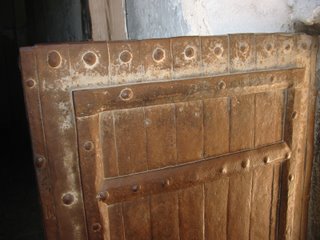 into our beautiful, mundane world. I want to believe that’s what they are, but I worry that they are just another hole in the fabric of Palestinian society.
into our beautiful, mundane world. I want to believe that’s what they are, but I worry that they are just another hole in the fabric of Palestinian society.My only hope is that the broken hearts of Christians and other good people who learn of Bethlehem’s plight will be the holes through which God’s love can work in our lives. The Christmas story can’t end in Bethlehem; it needs to find new life in the hearts of people all over the world who are ready to take action to stop the Israeli military occupation of Palestine.
The prince of peace, a child who grew up to disrupt the status quo with his message of love and justice, was born in Bethlehem. May he be born in our hearts again today.
For more information on the ongoing situation in Bethlehem and ways to help, visit Open Bethlehem at www.openbethlehem.org

